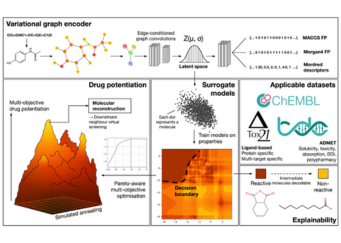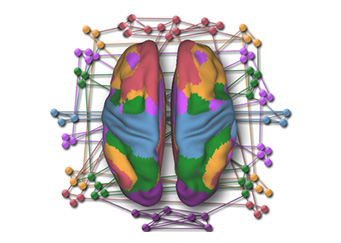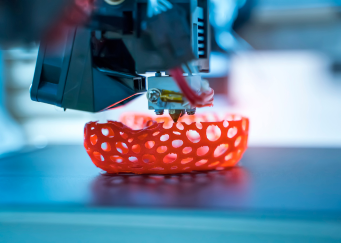With the help of supercomputing resources from NSCC, researchers from the GenomeAsia 100K project published the data in the Nature journal. The study also highlighted the research gap in the research of genetic information for the Asian population.
Though Asians make up more than a third of the world’s population, genetic studies on the Asian genome only make up six percent of the genome sequences that have been deciphered worldwide. The disparity in research is compounded by a new genetic study which found that the Asian are much more genetically diverse. To put the discovery into context, the Asian genome had at least 10 different ancestral groups or lineages whereas Europeans can be grouped into just one.
The GenomeAsia 100K study, which was published in December 2019 in the Nature journal, analysed the genomes of more than 1,700 people, the widest coverage of genetic diversity in Asia to date. The huge amount of data was compiled and analysed by Nanyang Technological University (NTU) scientists, with the help of NSCC’s compute resources and other international collaborators.
Why is the discovery important? Different people react differently to diseases and may also respond differently to the same drugs used to treat a disease. For instance, those with North Asian ancestries (eg. Japanese, Korean, Mongolian or Chinese) have a higher than usual risk of an adverse reaction to Warfarin, a drug used in the treatment of heart or cardiovascular diseases. Researchers could use the data from genetic analysis to identify such groups with a predisposition to a specific drug and begin screening for these populations. One of the benefits to put greater focus on deciphering the genetic variance of the Asian population is to help advance the customisation of therapies and medicines for healthcare.
GenomeAsia 100K is a non-profit global consortium which aims to better understand the genome diversity of Asians by sequencing 100,000 genomes of individuals in Asia. The project is hosted by Nanyang Technological University (NTU) and includes three companies; Macrogen (South Korea), Genentech (US) and MedGenome (India / US).
Read more about the research in the NTU media release, ‘Asia-wide genome mapping project reveals insights into Asian ancestry and genetic diversity’.
NSCC NewsBytes January 2020
Other Case Studies
Advancing Drug Discovery Research using NSCC HPC resources
Researchers from Nanyang Technological University (NTU) are applying variational graph encoders as an effective generalist algorithm in computer-aided drug design (CADD)....
Gaining Deeper Insights into Mental Disorders through Brain Imaging and High-Performance Computing
Researchers from NUS are leveraging supercomputing to develop better strategies for prevention and treatment to mitigate the impact of mental illness. The human brain is a marvel...
Using Digital Twin Technology to Optimise the Industrial 3D Printing Process
Researchers from the Institute of High-Performance Computing (IHPC) are utilizing supercomputers to create a digital twin that furnishes users with comprehensive information...


